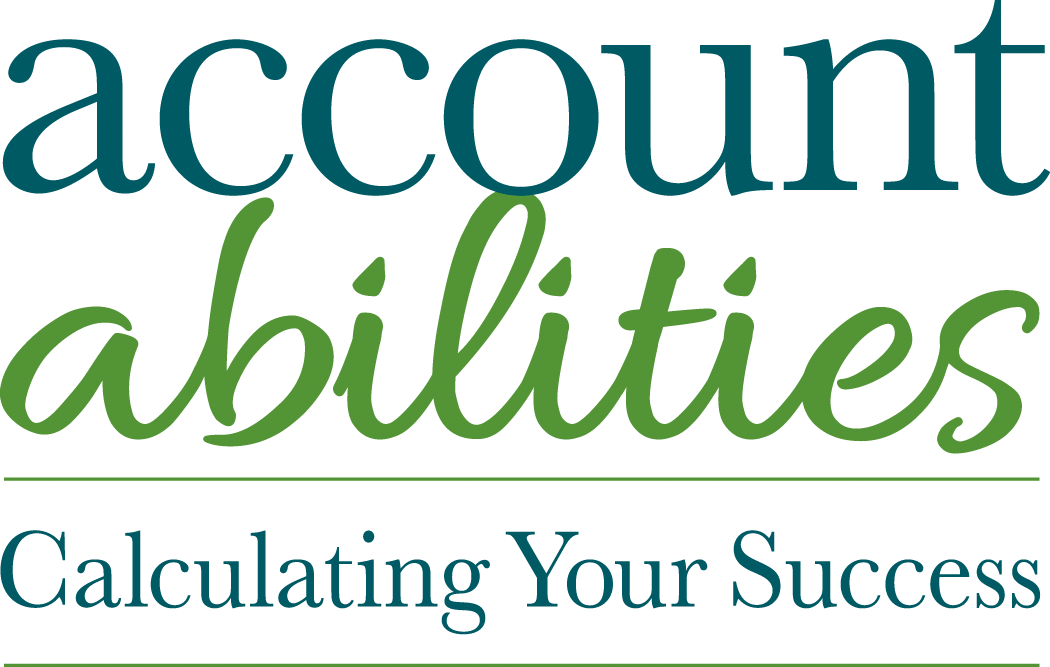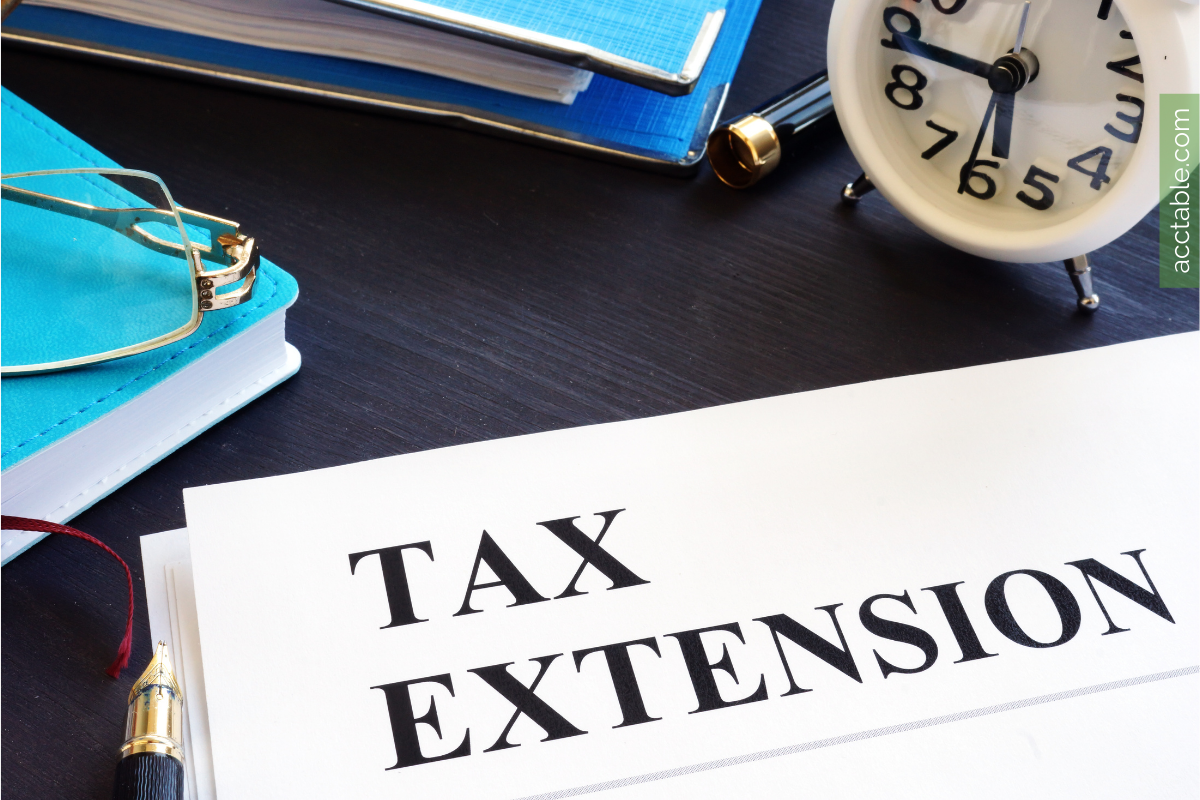As a small business owner, is filing a tax extension a good idea? First, let’s cover the basics of what a tax extension is. The Federal government allows you the opportunity to file for an automatic six-month extension. This gives you additional time to pull together your tax documents. Filing for an extension is due no later than the regular due date of the tax return you are expected to file.
The Internal Revenue Service makes filing for an extension incredibly easy. You need to enter your information on the correct form, add an amount if you want to include a payment and then simply mail. We would suggest if you are not e-filing the extension to send it through a mail service that you can track. If the IRS does not receive the extension, there really isn’t much you can do to rectify the situation.
The form that needs to be completed; depends on what type of entity you are:
IRS Form 4868 – For individual returns that include a Schedule C for Sole Proprietors and single member LLC’s.
IRS Form 7004 – For Corporations and Partnership returns, this includes multi-member LLC’s
Honestly, we are not big fans of filing extensions. We find that business owners have a hard time moving forward into the new year when they haven’t closed the previous year out. It’s almost as if they have a weight they are carrying and can’t put down.
We do believe there are two good reasons to consider filing an extension.
- As a small business owner, you have the opportunity to participate in retirement plans. Most of those plans allow you to make a contribution up to the due date of the return, including extensions.
For example: if you are a Sole Proprietor and want to make a contribution to your SEP (Simplified Employee Pension) for the previous year, you have until October 15th of the current year to do so. This can be hugely beneficial if you just started your business and cash flow isn’t quite there. This is also beneficial if you are a seasonal business and your cash flow is better in the summer or Fall. If you are uncertain whether you will be able to contribute, file the extension and kick that decision off for 6 months.
- The second reason it may be beneficial to file for an extension is if you just don’t have your paperwork all together. Filing for an extension is cheaper and less hassle than filing an amended tax return. You are essentially paying your accountant to file two tax returns if you have to amend your return.
Many people believe that filing for an extension gives them additional time to pay their tax bill. This could not be further from the truth!
Filing for the extension simply gives you additional time to file the return. It does not avoid penalties and interest on the balance you owe.
The penalties and interest can also be very hefty.
For example: the penalty for not filing a partnership tax return is $195 per partner, per month that you are late for a maximum of 12 months.
Always opt for an extension if either of these situations apply to you.
If you find that you need help filing an extension or have any other tax questions, we are here to help! Give our office a call at (717) 919-7602 or email us at hello@acctable.com.


